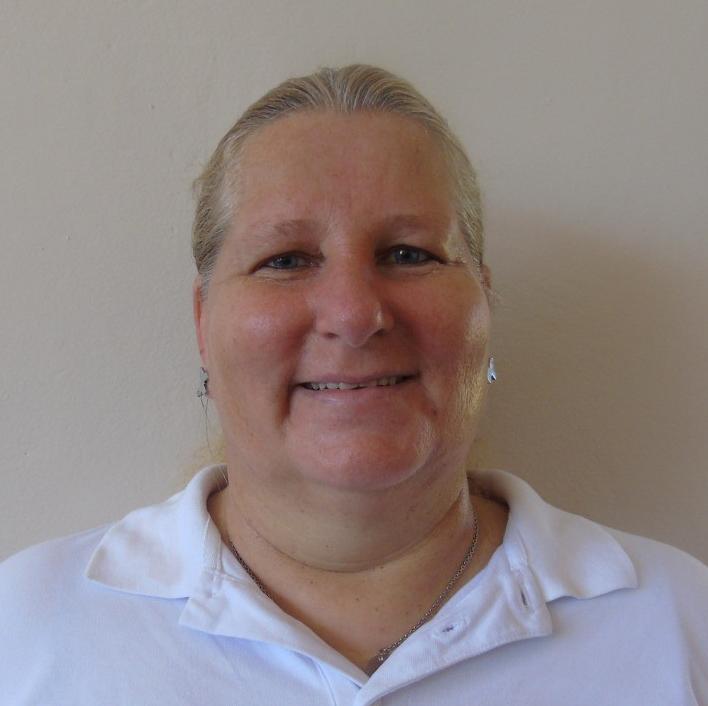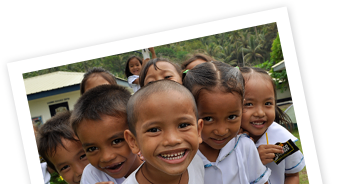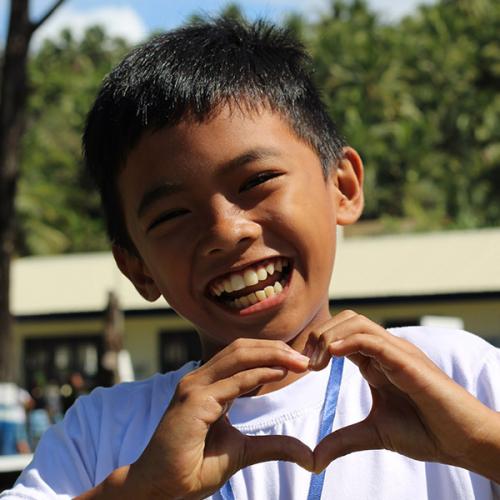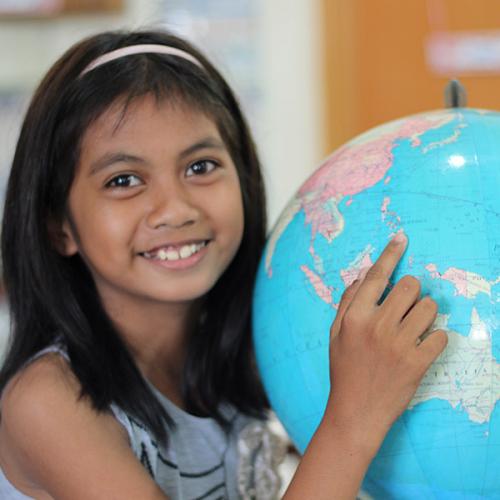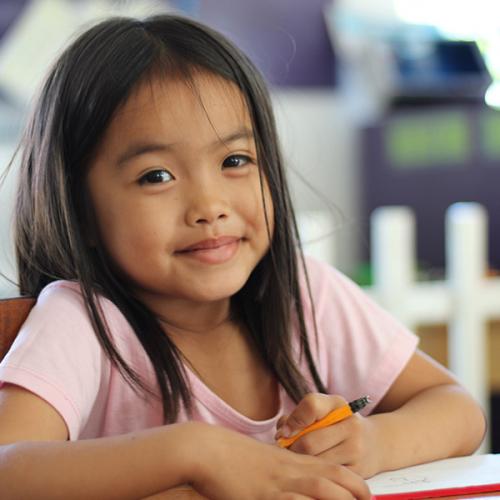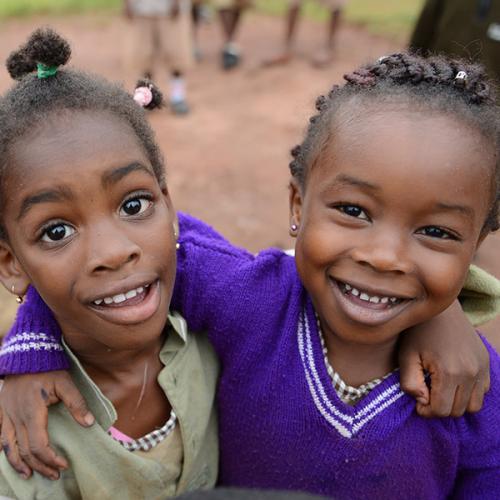We interviewed Barbara Sickenberger, our project manager in Honduras and she explained to us how difficult it has been for our pupils over this last year.
Barbara, the Escuela Lyoness has had a difficult year. What were the biggest challenges which you had to face?
The sudden introduction of distance learning presented teachers all over the world with huge challenges. In developing countries like Honduras, the hurdles which must be overcome are so much higher than those in European countries, for example. For the most part, our pupils come from very impoverished backgrounds and have no access to Internet at home.
Did you intend for parents to teach their children themselves?
Honestly? That was never an option, no. Many of our pupils come from the poor surrounding areas of La Ceiba. Their parents have often never gone to school themselves and, in some families, our pupils are the only ones in their family who can read and write. The education which they receive here at the Escuela Lyoness is for many the only way out of the poverty trap which their families have often been caught in for generations.
How did the teachers deal with the challenges?
Once we had got over the initial shock, our teachers managed to find bespoke solutions to ensure that every child could be reached out to in some way. Very few of our pupils have access to a computer, but some of them do have access to a smartphone at home or can at least be taught over the phone. The teachers spent hours on WhatsApp or on the phone with the pupils, to answer their questions, explain new material or talk to parents. The biggest problem we had was reaching out to the 40% of our pupils whose families don’t even have a phone.

